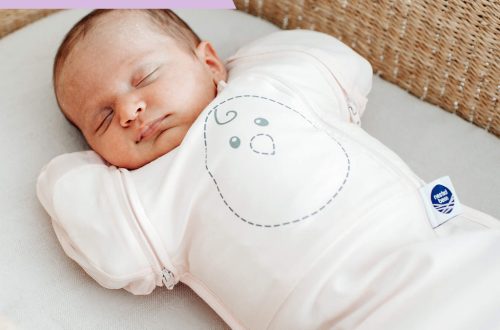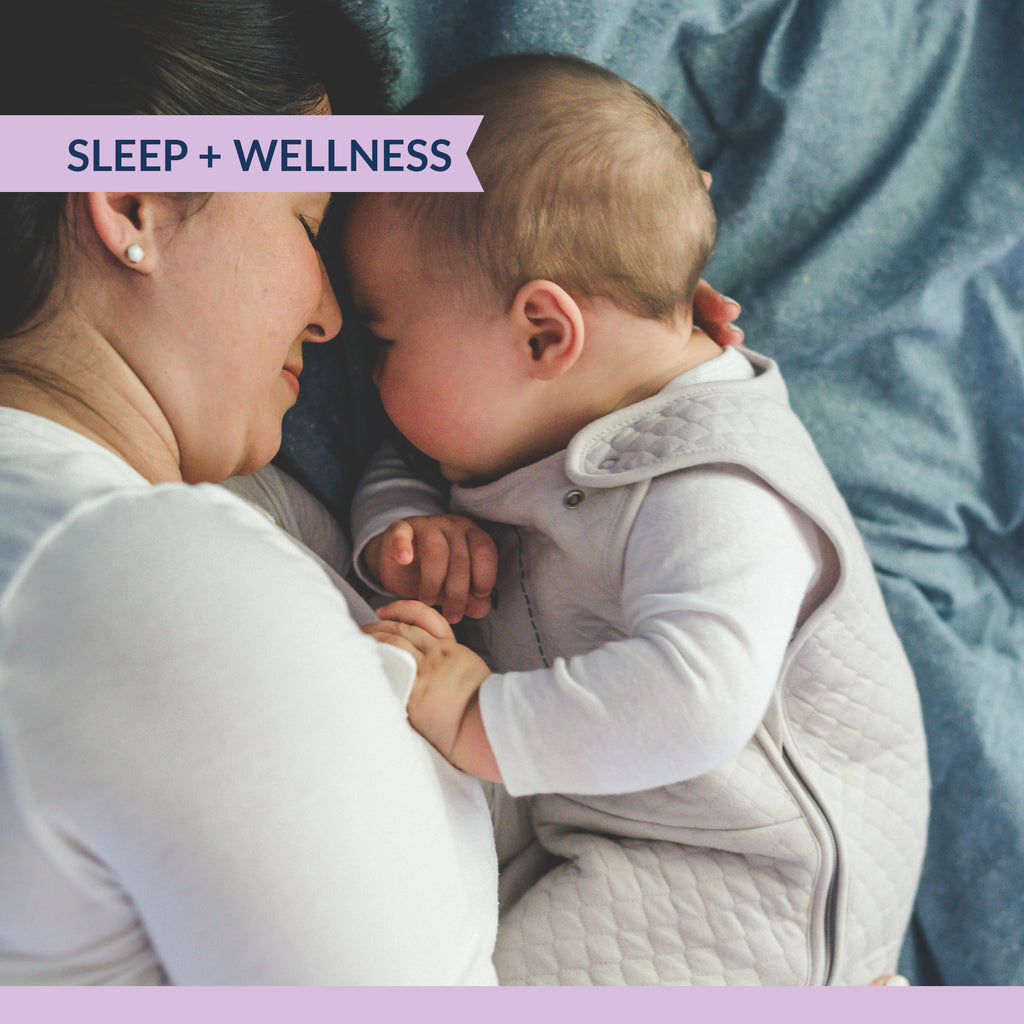
How do new parents around the world handle it?– Nested Bean
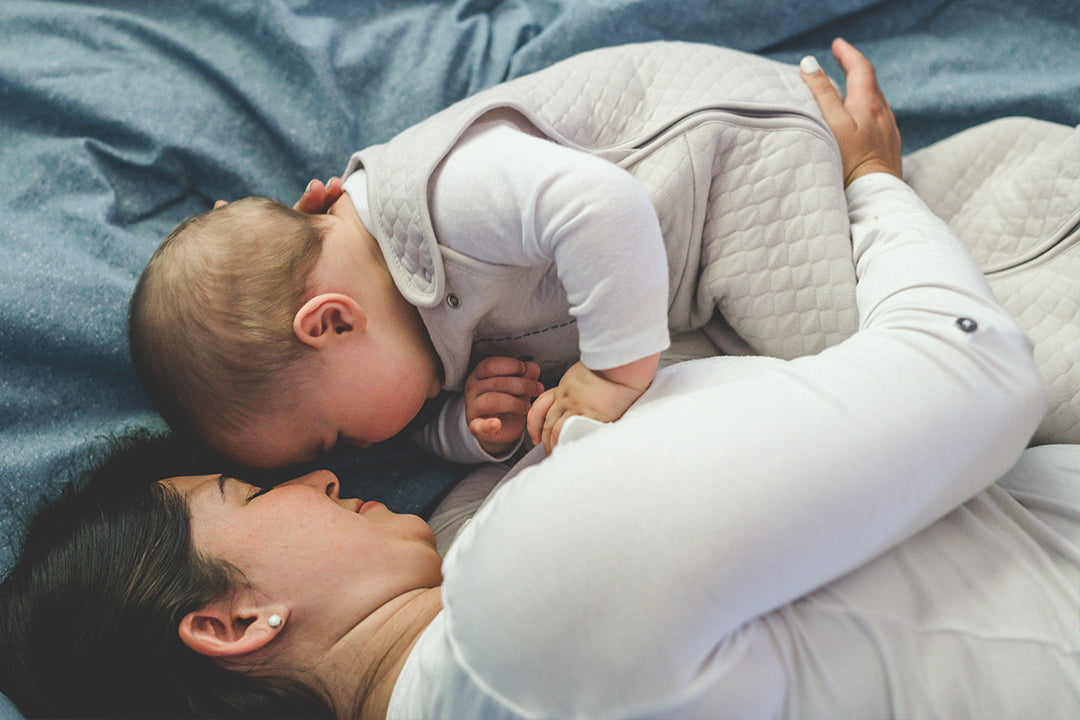
Bedtimes. Cribs. Sleep routines. How babies sleep around the world varies widely from culture to culture, But one thing’s for sure: Every new parent knows how important sleep is for their little one (and for them!) And that commitment unites us all.
Here in the United States, we follow certain safe sleep practices identified by the American Academy of Pediatrics, (AAP), guidelines from the Consumer Product Safety Commission (CPSC), and other baby sleep experts. But we’re all this together. So, in honor of Sleep Awareness Month, let’s see what we can learn from one another.
In This Article
What all parents know: Sleep is vital to infant health 💤
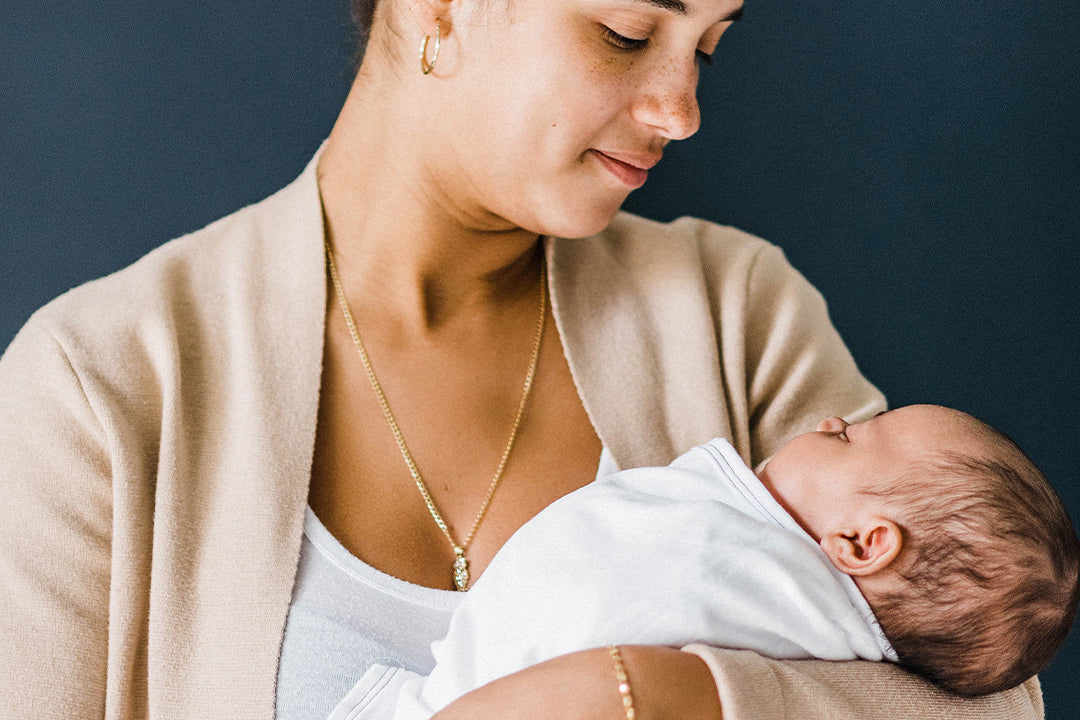
Good sleep is foundational to healthy development, and ensuring optimal sleep is the #1 best thing parents can do for their families. Across every culture, parents instinctively know what the experts confirm:
Sleep boosts brain development
Most of baby’s brain development happens during sleep. This is when the connections between the left and right hemispheres of their brains are made and memories are formed: More than 1,000,000 million neural connections are formed per second during their first 3 years.
The experts agree: According to 10 studies conducted by the National Institutes of Health (NCBI) in 2017, researchers Elaine KH Tham, Nora Schneider, and Birit FP Broekman found that “overall, findings indicated a positive association between sleep, memory, language, executive function, and overall cognitive development in typically developing infants and young children. An additional 20 studies support the positive role of infant sleep in physical growth.”1
Sleep promotes growth.
The experts agree: According to a study reported in the American Academy of Sleep Medicine (AASM),increased bursts of sleep among infants were significantly associated with growth spurts in body length. “The results demonstrate empirically that growth spurts not only occur during sleep but are significantly influenced by sleep,” said principal investigator and lead author Dr. Michelle Lampl, Samuel Candler Dobbs Professor in the department of anthropology at Emory University in Atlanta, Ga. “Longer sleep corresponds with greater growth in body length.”
Sleep boosts immunities
During sleep, children (and adults) also produce proteins known as cytokines, which the body relies on to fight infection, illness, and stress. Too little sleep appears to impact the number of cytokines on hand.
The experts agree: According the Sleep Foundation, research conducted by the Division of Sleep Medicine at Harvard University Medical School suggests that “sleep strengthens immune memory. The interaction of immune system components during sleep reinforces the immune system’s ability to remember how to recognize and react to dangerous antigens. Getting enough high-quality sleep facilitates the delicate balance of immune function that is vital for both innate and adaptive immunity.”
Sleep improves time together
A baby who gets enough sleep is calmer, eats better, is less fussy, is more responsive and is more focused—all of which makes time together more meaningful.
Where babies sleep around the world
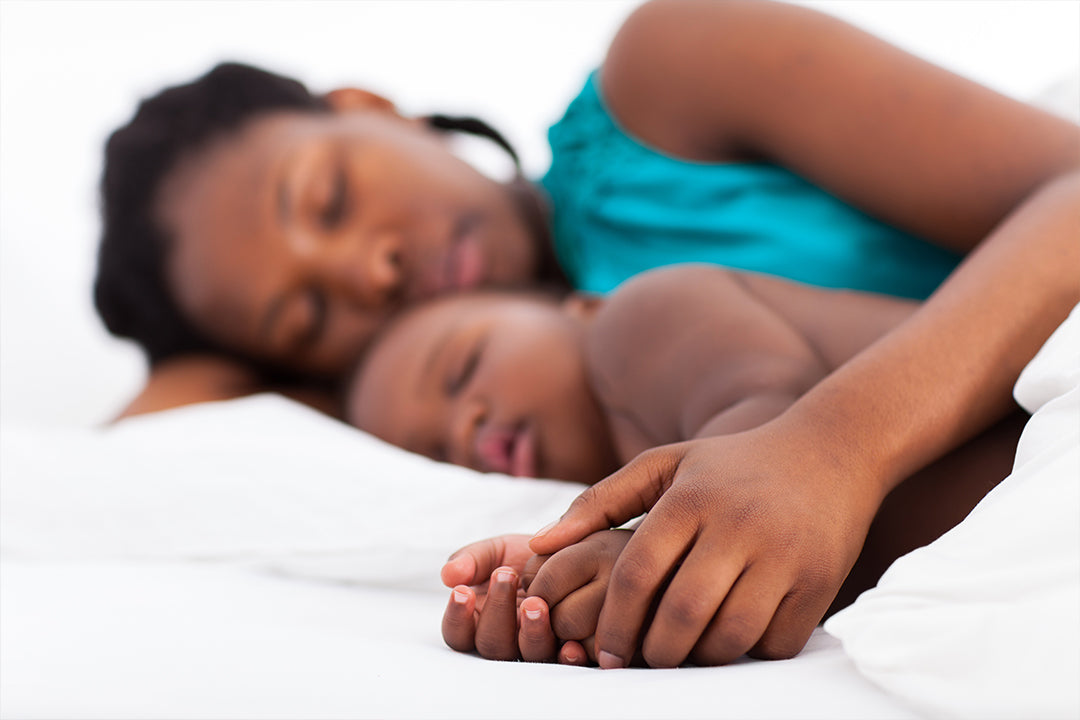
Although parents everywhere know the importance of sleep, how they set up their sleep spaces for optimal Zzzs varies widely.
Hanging out in South Asia
Although it would pose safety issues to American experts, parents in many countries—from Brazil to South Asia put their babies in a kind of hammock at bedtime. These cloth cradles are hung from the ceiling; the natural rocking is thought to lull babies to sleep like the womb.
In Finland, room-sharing with infants is common. The Finnish government even gifts ‘maternity packs’ to expectant moms—all inside a box that can double as a crib next to the parent’s bed.
We know that in America, the American Academy of Pediatrics warns against co-sleeping in the same bed for the first six months due to risk of Sudden Infant Death Syndrome (SIDS). But it is common for traditional Kenyan mothers to be with their infants 24 hours a day—so they share the same sleeping surface.
As in many parts of Latin America, Asia and Africa, they regard sleep as an opportunity for closeness. In these warmer regions, co-sleeping may be more common because parents and children can sleep without the proven safety risk of loose blankets or sheets.
However, A 2021 study conducted by the University of Kent , U.K., found no definitive link between bed-sharing and infant-mother attachment. In a research paper about the study, published by the Journal of Developmental & Behavioral Pediatrics, Dr Ayten Bilgin noted, “there is mixed evidence in this area. More insight into the outcomes of bed-sharing is required.”
When do parents set their baby’s bedtime
In the U.S., we typically put babies to bed early, usually at a fixed time between 6- 7:00 p.m. But many other countries have much later bedtimes—between 10 and 11 pm—prioritizing family time after work.
In the Netherlands, parents try to establish a sleep routine almost immediately. Most babies are put to bed at 6:30 and expected to sleep through the night in their own bed.
in Spain, much later bedtimes are the norm, between 10-11 pm. 11 p.m. Similarly, in Hong Kong, most parents put their babies to bed around 10:30 pm.
Fixed bedtimes seem vial for parents who need to coordinate bedtime with work and school schedules. But In some Kenyan preindustrial societies where babies are always in close proximity to parents and siblings, bedtime is completely flexible: Anywhere, anytime.
How parents get their babies to sleep
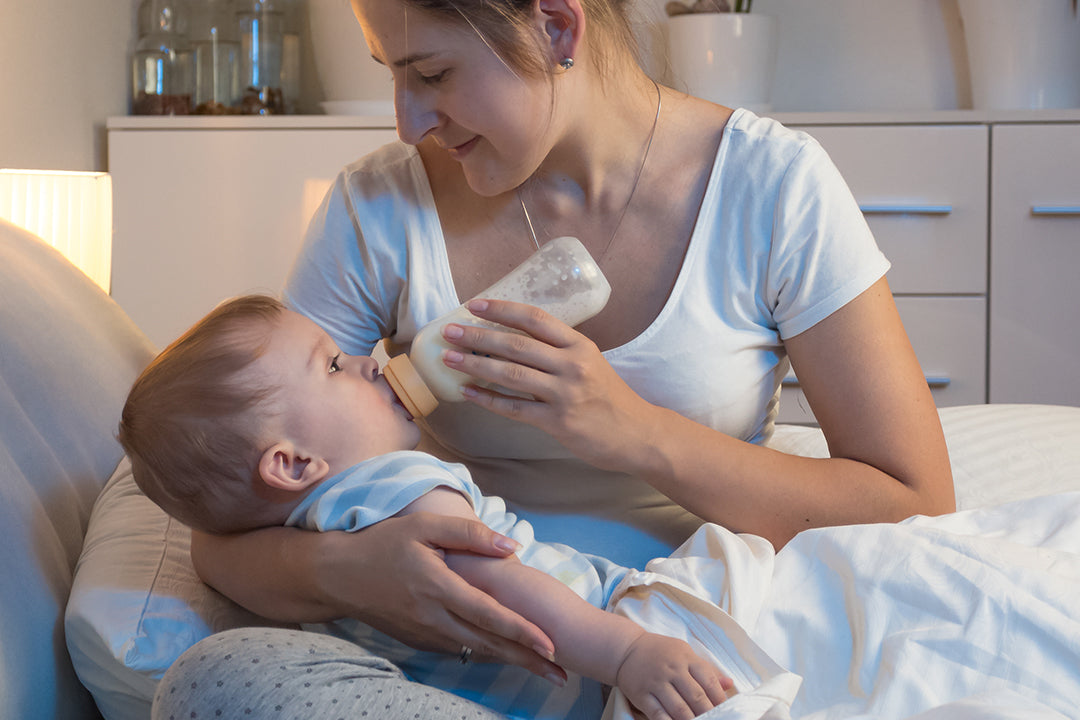
In the United States, it’s common for parents to prepare their babies for bedtime with a soothing bath, changing and feeding routine. Yet apart from feeding, global bedtime routines vary.
Breastfeeding or bottle-feeding is a consistent element across all countries for babies 0-3 months. This nurturing time in a parent’s arms is proven to soothe and relax babies.
In the United Kingdom and in the U.S., up to 81% of parents make bath time part of their baby’s bedtime routine. But in many other countries, like India or Indonesia, baths are part of a morning routine: Only around 10% of parents bathe their babies at night.
With few exceptions, parents around the world observe fairly fixed baby sleep routines. Studies have shown that a consistent bedtime routine not only helps babies sleep better, but it also promotes literacy, attachment, language, bonding and self-care. Learn about sleep training here.
Parents’ go-to sleepwear for bedtime success
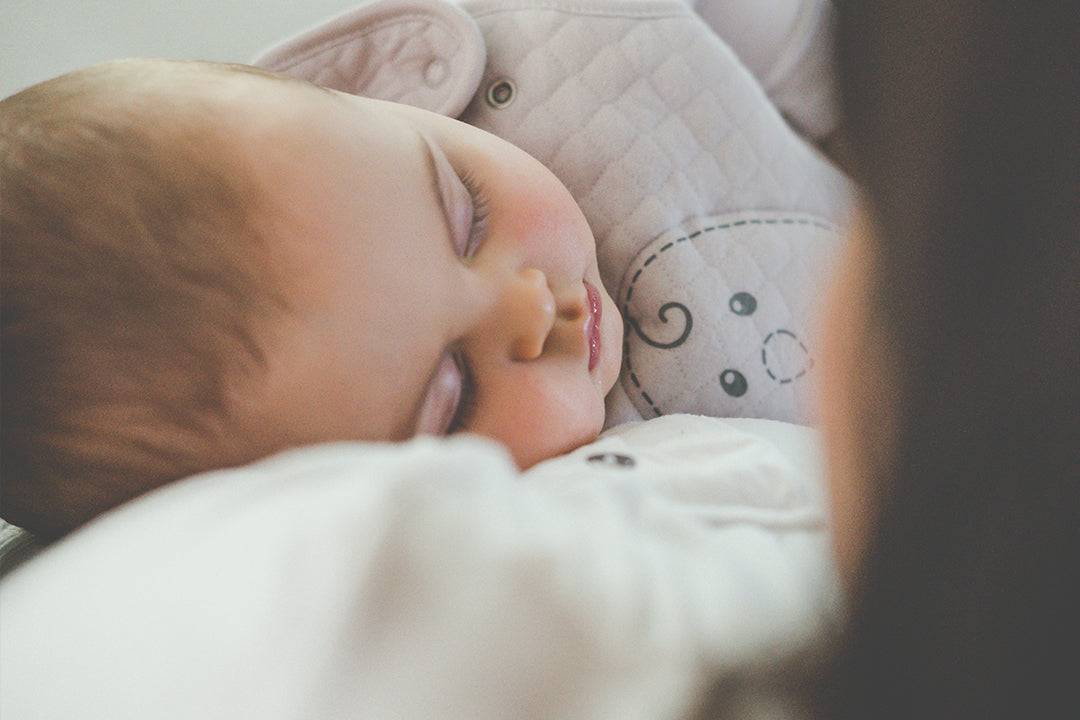
In nearly every culture, dressing baby for bed is a key part of a successful bedtime routine. For newborns not yet rolling, swaddling has traditionally been the sleepwear of choice, since it keeps babies sleeping tight against the Moro (startle) reflex, helps regulate body temperature and helps them feel safe and calm.
Helping babies feeling safe and calm is key to any bedtime routine—so parents across the world rely on our Zen Sleepwear™ line of swaddles, sacks, footies and body suits for newborns through 24 months. Only Zen Sleepwear has safely weighted Cuddle Pads™, scientifically designed to calm like your embrace, so babies sleep longer and more peacefully.
March 01, 2023
Athena S.



